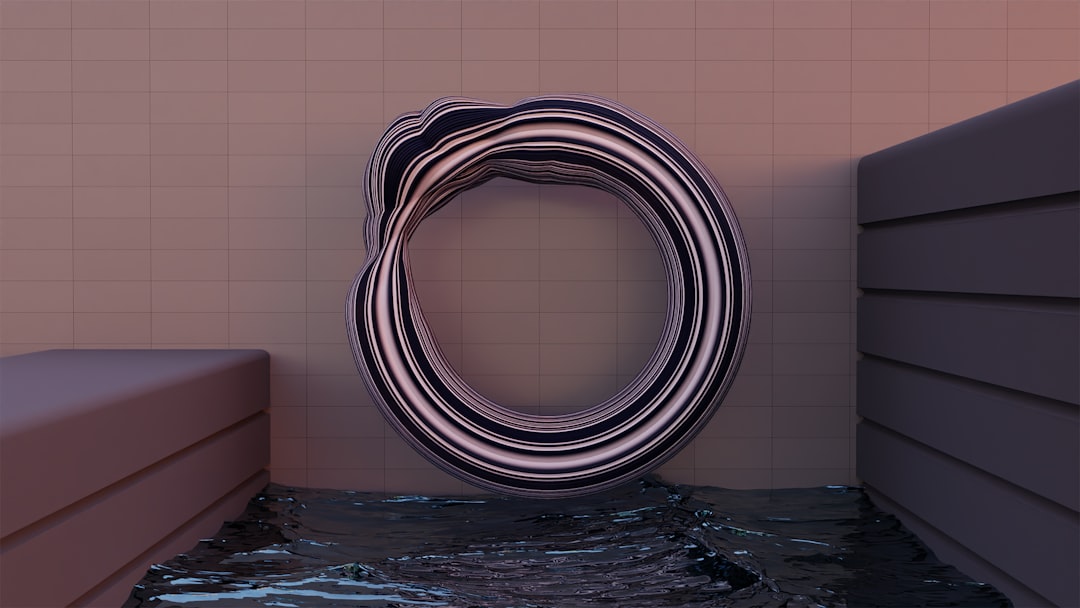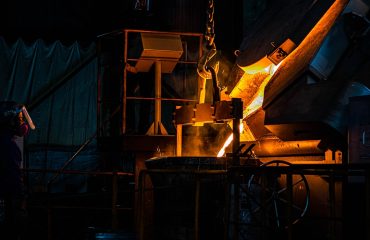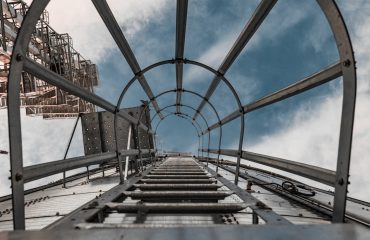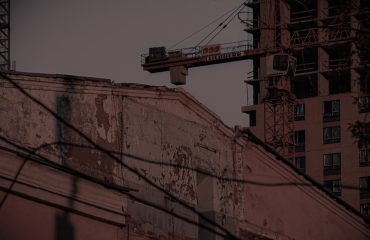Steel pipes are an indispensable component in the construction of ships and offshore structures. Their strength, durability, and versatility make them essential for a wide range of applications, from carrying vital fluids to forming the structural backbone of the vessel. This comprehensive guide delves into the world of steel pipes in shipbuilding, exploring their different types, applications, manufacturing processes, and the importance of quality control.
Types of Steel Pipes Used in Shipbuilding
The shipbuilding industry utilizes various types of steel pipes, each chosen based on specific requirements. Common types include:
- Seamless Steel Pipes: These pipes are manufactured without welds, offering superior strength and resistance to pressure. They are ideal for high-pressure applications like hydraulic systems and pipelines carrying fuel or other critical fluids. Their seamless nature minimizes potential weak points, enhancing overall safety and reliability.
- Welded Steel Pipes: These pipes are created by joining two steel sheets together through welding. While slightly less expensive than seamless pipes, welded pipes are still robust enough for many shipbuilding applications. Different welding techniques, such as submerged arc welding (SAW) and electric resistance welding (ERW), produce pipes with varying strength characteristics.
- Carbon Steel Pipes: These are the most common type used due to their excellent strength-to-weight ratio and relatively low cost. They are suitable for a wide range of applications but might require additional coatings for corrosion protection in marine environments.
- Alloy Steel Pipes: For applications requiring higher strength, corrosion resistance, or the ability to withstand extreme temperatures, alloy steel pipes are employed. These pipes often contain elements like chromium, nickel, or molybdenum, enhancing their performance in demanding conditions.
- Stainless Steel Pipes: Offering exceptional corrosion resistance, stainless steel pipes are often preferred for applications exposed to seawater or other corrosive substances. They are commonly used in piping systems handling chemicals or wastewater.
Applications of Steel Pipes in Ship Construction
Steel pipes play a crucial role across various aspects of shipbuilding:
- Piping Systems: They form the backbone of a ship’s plumbing, carrying water, fuel, lubricants, and other essential fluids. Careful selection of pipe material and diameter is crucial to ensure efficient flow and prevent pressure build-up.
- Structural Support: Steel pipes are used in the construction of various structural elements within the ship, contributing to its overall strength and rigidity. They can be found in frameworks, railings, and other support structures.
- Offshore Platforms: In offshore construction, steel pipes are integral components of platforms, rigs, and other structures. Their ability to withstand harsh marine conditions and significant pressure is critical.
- Fire Protection Systems: Steel pipes are used extensively in fire sprinkler and fire suppression systems, ensuring the safety of the crew and vessel.
- Ballast Systems: Pipes are vital components of ballast systems, which manage the stability and trim of the ship.
Manufacturing Processes and Quality Control
The manufacturing of steel pipes for shipbuilding involves stringent quality control measures to ensure they meet the demanding requirements of the marine environment. Seamless pipes are typically produced through hot-rolled or cold-drawn processes, while welded pipes are manufactured using various welding techniques. Quality control includes:
- Material Testing: Rigorous testing of the raw steel ensures it meets the specified chemical composition and mechanical properties.
- Dimensional Inspection: Precise measurements are taken to ensure the pipes meet the required diameter, wall thickness, and length tolerances.
- Non-Destructive Testing (NDT): Methods such as ultrasonic testing, radiographic testing, and magnetic particle inspection are used to detect any internal flaws or defects.
- Hydrostatic Testing: Pipes are subjected to high-pressure water tests to verify their ability to withstand the operating pressures.
- Surface Inspection: Visual inspection and other surface testing methods are used to identify any surface imperfections or corrosion.
Choosing the Right Steel Pipes for Your Shipbuilding Project
Selecting the appropriate steel pipe for a shipbuilding project requires careful consideration of several factors:
- Application Requirements: The intended use of the pipe will dictate the necessary material properties, such as strength, corrosion resistance, and pressure rating.
- Environmental Conditions: The marine environment is highly corrosive. Choosing a pipe with sufficient corrosion resistance is crucial to ensure longevity.
- Budgetary Constraints: The cost of different pipe types varies significantly. Balancing cost-effectiveness with performance is important.
- Industry Standards and Regulations: Shipbuilding adheres to strict international standards and regulations. Pipes must comply with these standards to ensure safety and compliance.
- Supplier Reputation and Reliability: Choosing a reputable supplier who provides certified pipes and adheres to quality control standards is essential.
Future Trends in Steel Pipes for Shipbuilding
The shipbuilding industry is constantly evolving, and so too are the materials used in construction. Future trends include:
- Advanced Steel Alloys: The development of new steel alloys with enhanced strength, corrosion resistance, and weldability will continue to improve the performance of steel pipes in shipbuilding.
- Lightweighting Initiatives: The drive for fuel efficiency is pushing the industry towards lighter-weight materials. Research into high-strength, low-weight steel pipes is ongoing.
- Sustainable Manufacturing Processes: The focus on environmental sustainability is leading to the adoption of more eco-friendly manufacturing processes in steel pipe production.
- Digitalization and Automation: Digital technologies are being integrated into various stages of the shipbuilding process, from design and manufacturing to quality control.
- Improved Joining Techniques: Advancements in welding and other joining techniques are leading to stronger and more reliable pipe connections.
In conclusion, steel pipes are fundamental to the construction and operation of ships and offshore structures. Understanding the different types, applications, manufacturing processes, and quality control measures associated with these pipes is crucial for ensuring the safety, efficiency, and longevity of marine vessels.




